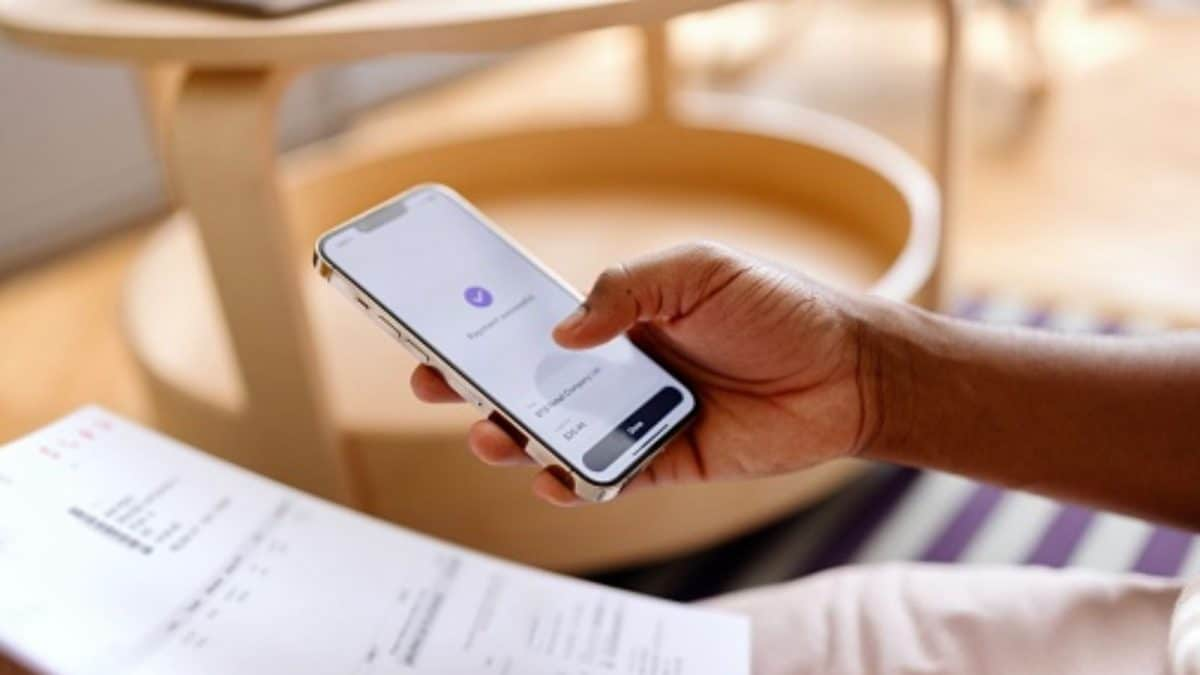
The Reserve Bank of India (RBI) is weighing a proposal that could allow lenders to remotely lock the mobile phones of customers who default on small loans. The move, aimed at curbing mounting defaults, has triggered concern over its impact on consumer rights. A 2024 study by Home Credit Finance revealed that more than one-third of Indian consumers purchase electronics, including mobile phones, through small loans. In a country of over 1.4 billion people, there are already more than 1.16 billion mobile connections—underscoring the stakes of such a policy. (Getty Images)

Sources say this idea is not new. Last year, RBI had asked lenders to stop locking phones of defaulters via loan-linked apps. At that time, devices were being remotely disabled through software installed at purchase. Now, after fresh discussions with lenders, the central bank is considering amending the Fair Practice Code. Any new rules would mandate prior borrower consent, and importantly, ensure that lenders cannot access private data even when a phone is locked.

The proposed rule reflects RBI’s attempt to balance two competing priorities—securing loan recovery while safeguarding customer data. If approved, it could especially benefit big non-bank lenders such as Bajaj Finance, DMI Finance. These companies extend loans to customers with weaker credit profiles, where recovery is often difficult. A phone-locking mechanism could reduce defaults.

Industry data shows loans under Rs 1 lakh carry the highest risk of default, according to CRIF Highmark. Non-banking financial companies (NBFCs) currently dominate this space, holding 85% of the consumer durable loan market. RBI data shows personal loans now account for nearly one-third of total non-food credit in the banking system, with loans for electronic items such as mobile phones growing at a rapid pace.

But not everyone is convinced. Consumer rights activists warn that such measures could have severe unintended consequences. Critics argue that locking a phone is akin to cutting off access to an essential service—one that underpins livelihoods, education, and digital banking.






